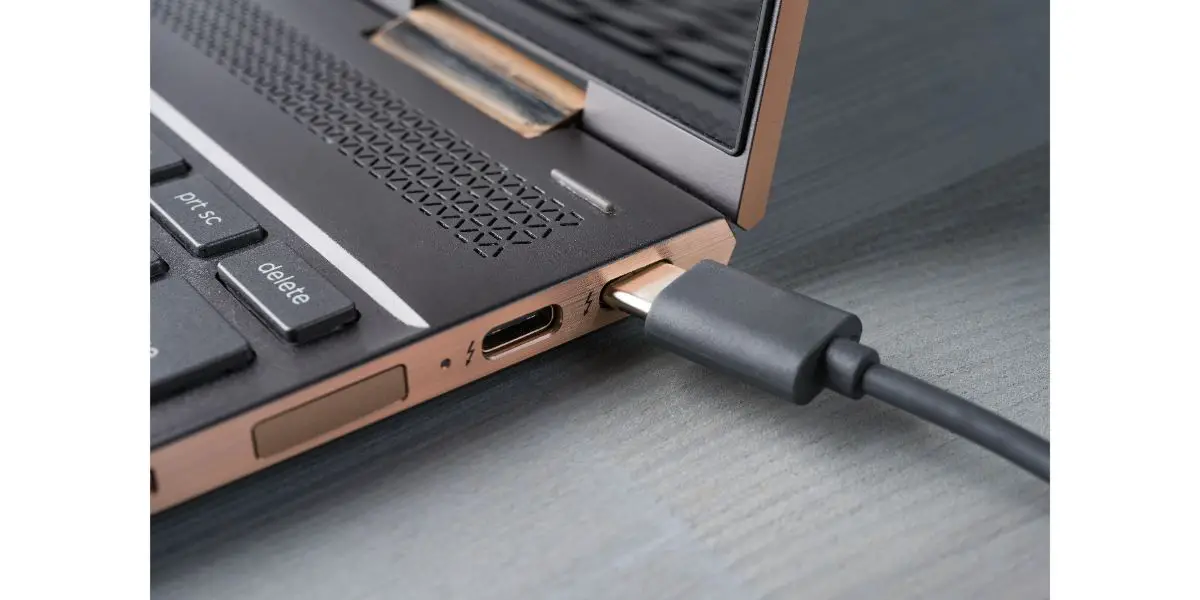Disclaimer: This post may contain affiliate links, meaning we get a small commission if you make a purchase through our links, at no cost to you. For more information, please visit our Disclaimer Page.
If you’re a fan of Microsoft products, no doubt you use Windows, one of the most prominent computer operating systems. Although the service and its many versions is widely used, it can be frustrating to rely on Windows only to have it crash shortly after opening. You may be wondering why Windows keeps closing.
Windows programs may open and close for a variety of reasons, each of which depends on the model of software the user is running. Often, the reason Windows crashes is due to a background application or service, a failing RAM, driver, or hard drive, and even damage to the data-storing registry.
In this article, we will cover all of the most common reasons for Windows opening and closing, as well as some possible solutions to each problem.
Table of Contents
Why Does Windows Keep Closing?
Let’s take a look at some of the most common reasons your Windows product continues to shut down or close whenever you try to use it:
1. Failing RAM
Your RAM is responsible for holding very important data to your computer. Suppose you see an error like “Fatal Reception Error” after your Windows crashes. In that case, it’s because the computer can’t retrieve the memory items it needs to perform a service or run an application. This is usually a sign of a failing RAM.
According to online feedback, this problem may be associated with Windows failing to perform in general, but it doesn’t always result in Windows crashing, first. To be sure that RAM problems are what you’re facing, you can run several online tools to inspect your RAM.
To fix this issue, you can try opening up your computer’s inner workings and ensuring your RAM’s sticks are firmly situated in their correct slots. However, it is often more reliable to take your computer to a professional for qualified experts to repair.
2. Failing Hard Drive
The hard drive is another name for the storage drive on your PC. It also comes in a solid state drive. Either way, if one fails, your Windows will experience crashes. This is especially true if you notice that specific files cause closure whenever you try to open them.
This is because certain files are housed in different sections of the storage drive itself; if opening one causes consistent closure, that can be a sign that the specific portion of the drive it is housed on is failing. You can also identify this problem by a faint clicking noise.
To solve this problem, first back up your hard drive quickly. Then, you will need to uninstall your old hard drive, install a new one, and place your backup data on it for ease of use.
3. Malfunctioning Driver
A driver is software that connects Windows to the hardware introduced, such as external drives or other new connections. Drivers are installed and even updated automatically whenever you start a new peripheral. They also come into play when Windows Update is run.
The problem is introduced when a driver is installed incorrectly or manually or when the manufacturer creates a sub-par version full of bugs. If your Windows product continues to close, especially if you notice warning symbols on your Device Manager tool, it could be an issue with your Driver.
To fix this problem, resolve the issues highlighted in your Device Manager tool, or uninstall your driver and start over with a new one to resolve bugs.
4. Broken Registry
All Windows have a registry (aptly called the Windows Registry) which is basically a giant database for programs run by the system. It constantly renews information, adds more, and changes what is already there during your usage. It is inevitable that during this process, some things can go wrong, which can ultimately lead to your Windows product closing.
This is a dangerous problem, since going into the Registry on your own and attempting to change it can cause more damage than good if you aren’t careful.
A broken registry fix should be handled by a professional or the manufacturer. Online registry fixers are often unreliable and cause more trouble than they’re worth, according to online feedback.
5. Background Services
Sometimes, different software products conflict with one another. If your Windows keeps crashing, it is likely a problem with an app running in the background. In fact, online Microsoft Moderators often recommend a Clean Boot to identify which apps might be causing a closure before resorting to any other solutions!
To fix this, you’ll have to identify the app causing the problem. Microsoft recommends using their Clean Boot method, which involves repeatedly restarting your computer and sifting through each app, half at a time, until the issue is discovered. Then you can uninstall the app culprit!
6. Faulty Power Input
If you are noticing crashes in your Windows product, it may be because you don’t have the correct amount of power going into your PC. This does not always look like a complete systems failure; it sometimes results only in the crash of a software element or slow running.
Usually, this is caused by a power supplier’s malfunction. This is not always the result of a bad power cable; sometimes it is even the outlet or wiring your computer is plugged into causing the problem.
If the power is increasing and decreasing sporadically, or getting weaker and weaker, it is no wonder your PC is failing.
To fix this, you’ll need to first troubleshoot. See if the problem continued when you plug your computer into outlets in a different room than you’re used to, or even in a different building altogether. Then try out a new power cord. If the problem persists, you may need to take your computer to a professional for repairs.
7. Using Outdated Windows Versions
Another problem frequently identified by Microsoft employees in online forums is the use of a Windows version that is outdated. Microsoft’s products no longer support any of their Windows 7 or older versions.
The deeper issue here is that those running Windows 7 will not benefit from any updates, which means a lack of security and stable software. These problems will only get worse and worse, leading to more and more closures, until a supported version is installed.
To fix this problem, update to Windows 10 or another version that is actually supported by Microsoft as quickly as possible.
8. Malicious Software
Sometimes, your PC can get infected by malware. These include, but are not limited to, viruses and digital junk. The best way to find out if this is why your Windows product keeps closing is to use an anti-malware program or tool which will scan your system for malware.
To eliminate this, you can either run the Defender Program on Windows, or you can run an anti-virus software.
9. Overheating Hardware
Much like the human brain, the inside of your computer is full of machinery sensitive to a change in environment. For the most part, your computer’s outside casing protects these components; however, the one thing it is very vulnerable to is heat!
If your computer runs for too long, it can heat up so intensely that the interior either melts or becomes permanently broken. Most computers have a built-in feature that alerts them to high temperatures and combats the problem by shutting down automatically when things get too hot. This could be why your Windows product closes.
Unlike some of our other options, there are lots of reasons a computer might overheat. One of them is unique to desktop computer models: your setup may be too close to walls, or the heatsinks are not tightly attached. Dust can be a problem for desktop models or laptops, and you should always ensure that your fans have plenty of room.
To fix this issue, dust and clean the ventilation components of your computer frequently, and avoid placing laptops on blankets or other smothering materials.
Why Does Windows Keep Opening?
The most common reason for Windows to open programs on it’s own is related to viruses. If your computer is infected with malware, it will open Windows applications randomly.
You usually encounter malware when you install new software or a deceptive web download that bundles the infection in.
How to Remove Malware
There are a few methods to solve the malware problem. These are listed below:
- Use System Restore, which is a feature added to Windows 7 and other earlier operating systems. Be sure to add a valid restore point first so that you don’t experience any unwelcome settings changes.
- Uninstall unrecognized programs on your Windows. To do this, go into the Start screen and find the Programs and Features section under Control Panel and Programs. Look for any that describe the random opening symptom, or simply something that you don’t recognize. Then, highlight the item and click “Uninstall.”
- Use an antivirus program. Not all deceptive software can be removed this way, but many can. Microsoft has a list of Antivirus Softwares that they support, which can be found here.
In Conclusion
To sum it all up, the leading cause for Windows opening unexpectedly is the presence of malware, while the causes for unexpected closures are more varied. Windows programs that close can be because of outdated versions, broken hardware such as the hard drive or power source, or internal issues like a conflicting app running.
The first step to solving the problem is identifying it. The solution may be as simple as changing power outlets, or as complex as Clean-Booting your PC and methodically identifying apps that are problematic. The good news is, most of these problems are common enough to have been troubleshooted and fixes, so don’t lose hope!



